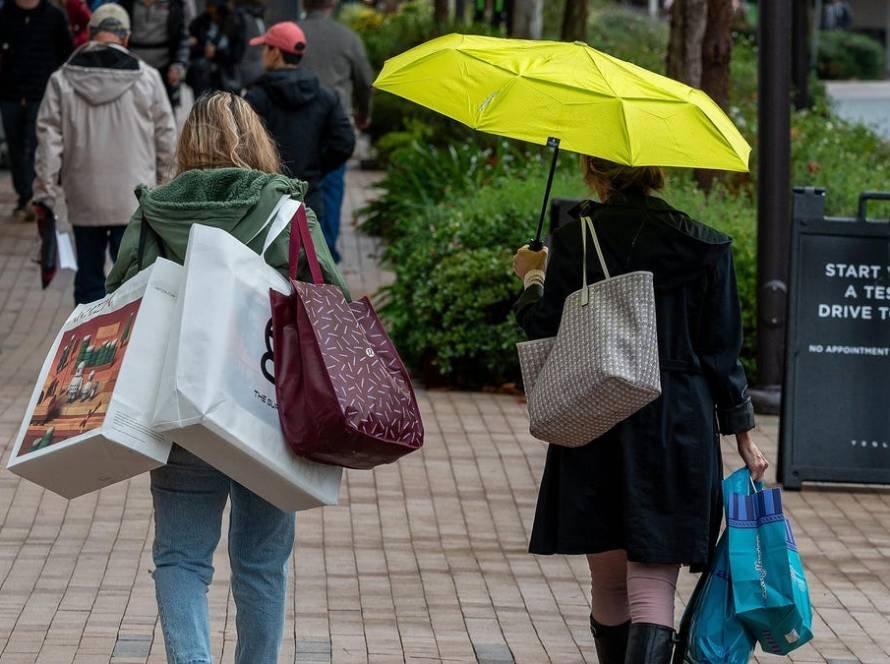It feels obvious that single people pay more for just about everything—groceries, taxes, housing, you name it—a phenomenon called the “singles tax.” But the cost of being single is rising, especially in some US cities.
Housing search platform Zillow estimated Monday (Feb. 12) that US renters pay a premium of $7,110 for living alone, over $100 more than last year. That’s before other costs they don’t get to split, such as utilities, food, and other bills.
The added cost to Americans flying solo is rising higher, faster, in cities including Las Vegas, Denver, and New York City, according to a Quartz analysis of Zillow data. The cost burden for single renters rose 7.5% for Sin City singles and 3% for those in New York City between 2023 and 2024, but 2% for US cities overall.
Meanwhile, there’s good news for singles in major cities such as Los Angeles, Miami, Dallas, and San Diego. While these cities have some of the highest cost burdens to single renters, those added costs are coming down. In Los Angeles and Miami, for example, the singles tax for renters fell more than 10% from last year.
The larger ways singles pay
The higher housing costs to singles affects their financial stability. A Bankrate report this month found that half of all single US adults are worried they don’t have enough savings to cover one month’s living expenses. And only 23% of those adults said they were financially secure, compared to 32% of Americans in a relationship.
The singles tax affects more women than men
As the share of Americans who are single has risen substantially since the 1950s and 60s, more women have opted out of relationships than men. Since at least 2010, a higher share of women have stayed single, according to US Census data.
That’s good news for women’s independence, sure, but it’s bad news for their wealth. A 2021 report from the St. Louis Fed found that single women had about $0.71 for every $1 in wealth held by unmarried men, even after controlling for age, children, ethnicity, education, and homeownership. The single’s tax is an added burden to already-existing inequities.



